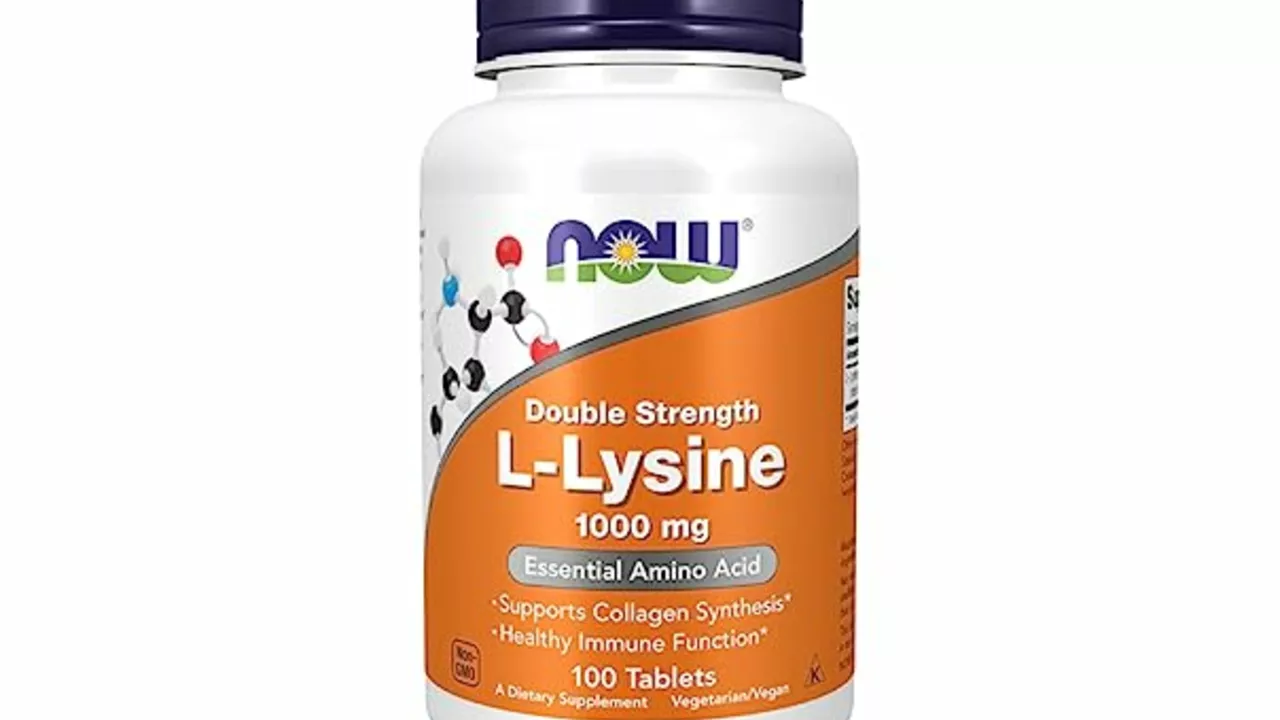Brain health: Simple steps you can start today
Want clearer thinking and better memory without gimmicks? Small daily choices add up. Focus on sleep, movement, food, stress, and medication checks — those five areas do most of the heavy lifting for your brain.
Daily habits that actually help
Sleep: Aim for 7–9 hours. Poor sleep makes it hard to form new memories and raises long-term risk for cognitive decline. If you snore, wake gasping, or feel tired all day, talk to a doctor — sleep apnea is common and treatable.
Move: Do 30–45 minutes of moderate activity most days. Brisk walking, cycling, or any cardio that raises your heart rate boosts blood flow to the brain. Add two short strength sessions weekly to protect muscle and bone — that helps you stay active as you age.
Eat to support the brain: Prioritize vegetables, berries, whole grains, beans, nuts, fish rich in omega-3s, and olive oil. That pattern — similar to the Mediterranean diet — links to better thinking in many studies. Cut down on sugary drinks, processed foods, and heavy alcohol; they worsen memory over time.
Mental challenge and social life: Learn a skill, play strategy games, read, or take classes. New and varied mental activities build connections in the brain. Keep social — regular contact with friends or groups lowers stress and helps thinking.
Manage stress: Chronic stress shrinks attention and memory. Short daily habits like 5–10 minutes of breathing, a short walk, or a quick phone call to someone you like can reset your nervous system more than you expect.
When to check your meds and supplements
High blood pressure, high cholesterol, and diabetes are big levers for brain health. Treating these conditions reduces stroke and dementia risk. If you take meds like losartan (Cozaar) for blood pressure or statins for cholesterol, keep regular check-ins with your clinician and follow lab advice.
Watch interactions: Some drugs and even citrus can change how medicines work. If you take multiple prescriptions, bring a current med list to appointments. Pharmacists can flag risky combos fast.
Supplements: Omega-3 fish oil and vitamin B12 help people who are low, but pills aren’t magic. Get tested before starting expensive stacks. If you consider peptides or niche products, research the seller and talk to a clinician — safety and legality vary.
Red flags: Rapid memory loss, confusion that affects daily life, sudden speech or balance problems, or worrying mood changes — see a doctor quickly. Early evaluation finds treatable causes like medication side effects, sleep problems, or vitamin deficiencies.
Small consistent moves beat big one-time fixes. Sleep well, move more, eat real food, keep your mind active, and review meds. Those five habits protect thinking now and decades from now.

Boost Your Cognitive Function with the Power of Gamma-aminobutyric Acid
In my latest blog post, I delve into how gamma-aminobutyric acid, or GABA, can enhance cognitive function. GABA is an important neurotransmitter that helps to reduce anxiety, improve mood, and promote restful sleep, all of which indirectly contribute to better cognitive health. It also plays a direct role in our brain's cognitive processes, such as memory and concentration. Incorporating GABA-rich foods or supplements into your diet can potentially offer a natural way to boost brain power. So, if you're keen on improving your mental acuity, don't miss this informative read.
Read More




